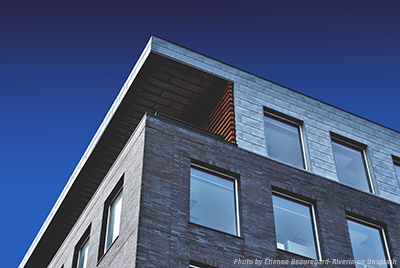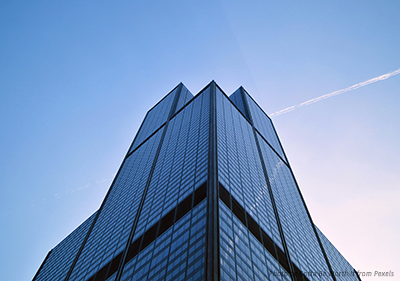
Special Levies on Real Properties
By Atty. Rodel C. Unciano
 IN Metro Manila, where real-property values are skyrocketing, it is ironical that we still see undeveloped lots and uninhabited houses that seem to have been abandoned for years. In many parts of the metropolis, we likewise see construction projects left unfinished, serving no purpose other than destruction to the city’s skyline and giving eyesore to the sightline of anyone.
IN Metro Manila, where real-property values are skyrocketing, it is ironical that we still see undeveloped lots and uninhabited houses that seem to have been abandoned for years. In many parts of the metropolis, we likewise see construction projects left unfinished, serving no purpose other than destruction to the city’s skyline and giving eyesore to the sightline of anyone.
Imposition of special levies on these types of properties would certainly aid in their transformation into something productive and useful. Where resource is scarce, properties remaining idle for years cannot be tolerated. This is certainly not good to the country’s economy.
Under our present tax laws, there are actually provisions on the imposition of special levies on idle lands, in addition to the imposition of basic real-property tax. Section 236 of the Local Government Code (LGC) of 1991 authorizes local government units to levy an annual tax on idle lands at the rate not exceeding 5 percent of the assessed value of the property. This is in addition to the basic real-property tax that may be imposed.
However, the definition of idle land under the LGC hardly cover abandoned properties. As defined under Section 237 of the LGC, and for purposes of real-property taxation, idle lands would include agricultural lands, more than 1 hectare in area, suitable for cultivation, dairying, inland fishery, and other agricultural uses, one half of which remains uncultivated or unimproved by the owner of the property, or person having legal interest therein.
"Imposition of special levies on these types of properties would certainly aid in their transformation into something productive and useful. Where resource is scarce, properties remaining idle for years cannot be tolerated. This is certainly not good to the country’s economy."
 Agricultural lands planted to permanent or perennial crops with at least 50 trees to a hectare shall not be considered idle lands. Lands actually used for grazing purposes shall, likewise, not be considered idle lands.
Agricultural lands planted to permanent or perennial crops with at least 50 trees to a hectare shall not be considered idle lands. Lands actually used for grazing purposes shall, likewise, not be considered idle lands.
Lands, other than agricultural, located in a city or municipality, more than 1,000 square meters in area, one half of which remains unutilized or unimproved by the owner of the property, or person having legal interest therein, are likewise considered idle lands. Regardless of land area, this provision likewise applies to residential lots in subdivisions duly approved by proper authorities.
Therefore, following the criteria under the LGC, this special levy may not be imposed if, with respect to agricultural lands, the area does not exceed 1 hectare. Also, even if the area exceeds 1 hectare, if at least one half has been cultivated, this special levy may not be imposed, as well.
As regards nonagricultural land, the special levy does not apply if the area of the land does not exceed 1,000 sq m. Also, even if the area exceeds 1,000 sq m, if at least one half of the property has been utilized, the special levy does not apply, as well. As to what may be considered utilized is not clear.
So, as it stands now, the LGC provisions on the imposition of special levy on idle properties is practically toothless, particularly as regards its application to abandoned properties. It is worthwhile that this be taken into consideration with the ongoing tax reform program of the government.
The author is a partner of Du-Baladad and Associates Law Offices (BDB Law), a member-firm of WTS Global.
The article is for general information only and is not intended, nor should be construed as a substitute for tax, legal or financial advice on any specific matter. Applicability of this article to any actual or particular tax or legal issue should be supported therefore by a professional study or advice. If you have any comments or questions concerning the article, you may e-mail the author at This email address is being protected from spambots. You need JavaScript enabled to view it. or call 8403-2001 local 140.



